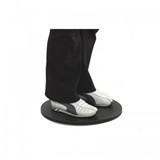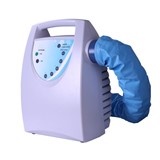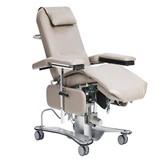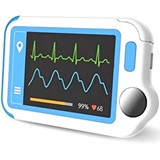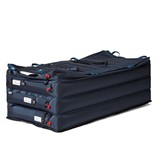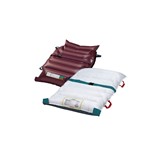Dr David Rowe, an anaesthetist from Armidale in NSW and a fellow of the Australian and New Zealand College of Anaesthetists, said the practice of restricting solids and liquids before anaesthesia needs to be revisited so patients can keep up their strength before any procedure that involves an anaesthetic.
Dr Rowe said current fasting guidelines in place before a patient is scheduled for the operating theatre are oversimplified and poorly adhered to.
"It is customary practice for the patient to be told not to eat solids for six hours before an operation to minimise the hazards of anaesthesia-induced vomiting and aspiration (inhaling stomach fluids into the lungs), but in practice this often ends up exceeding 12-18 hours," Dr Rowe told the meeting in Tasmania.
A prolonged "nil by mouth" period before anaesthesia can deplete a patient of much needed energy that serves to aid recovery and it has been shown that the stomach is emptier if patients drink clear fluids (often limited to water) up to two-three hours before surgery.
He encourages practitioners to allow patients to drink clear, but calorie-rich, drinks up to two hours before their anaesthetic.
"Having someone in a starved state, where the body has used up its reserves of carbohydrates, means that the body breaks down muscle and fat (alternate energy sources) that you want to be repairing itself for quicker recovery.
"If you are about to run a marathon you wouldn't have a light meal the night before and then skip breakfast - major surgery compares to running a marathon in terms of the pressure on the body."
He said patients reported less hunger, thirst, headache and nausea on arrival in operating theatres when allowed nutrients in the form of clear, carbohydrate-rich fluids two hours before anaesthesia.
"Let's not starve patients excessively – carbohydrate drinks taken two hours preoperatively make the anaesthetic safer and will improve recovery as well as make the patient's experience more pleasant."

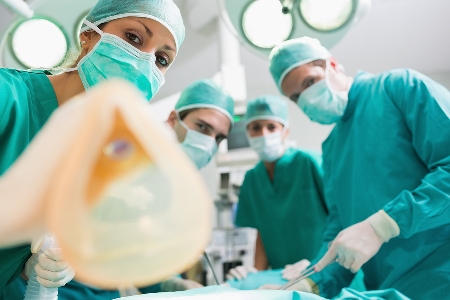


-160x160-state_article-rel-cat.png)
-160x160-state_article-rel-cat.png)

